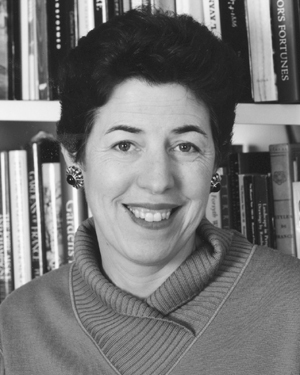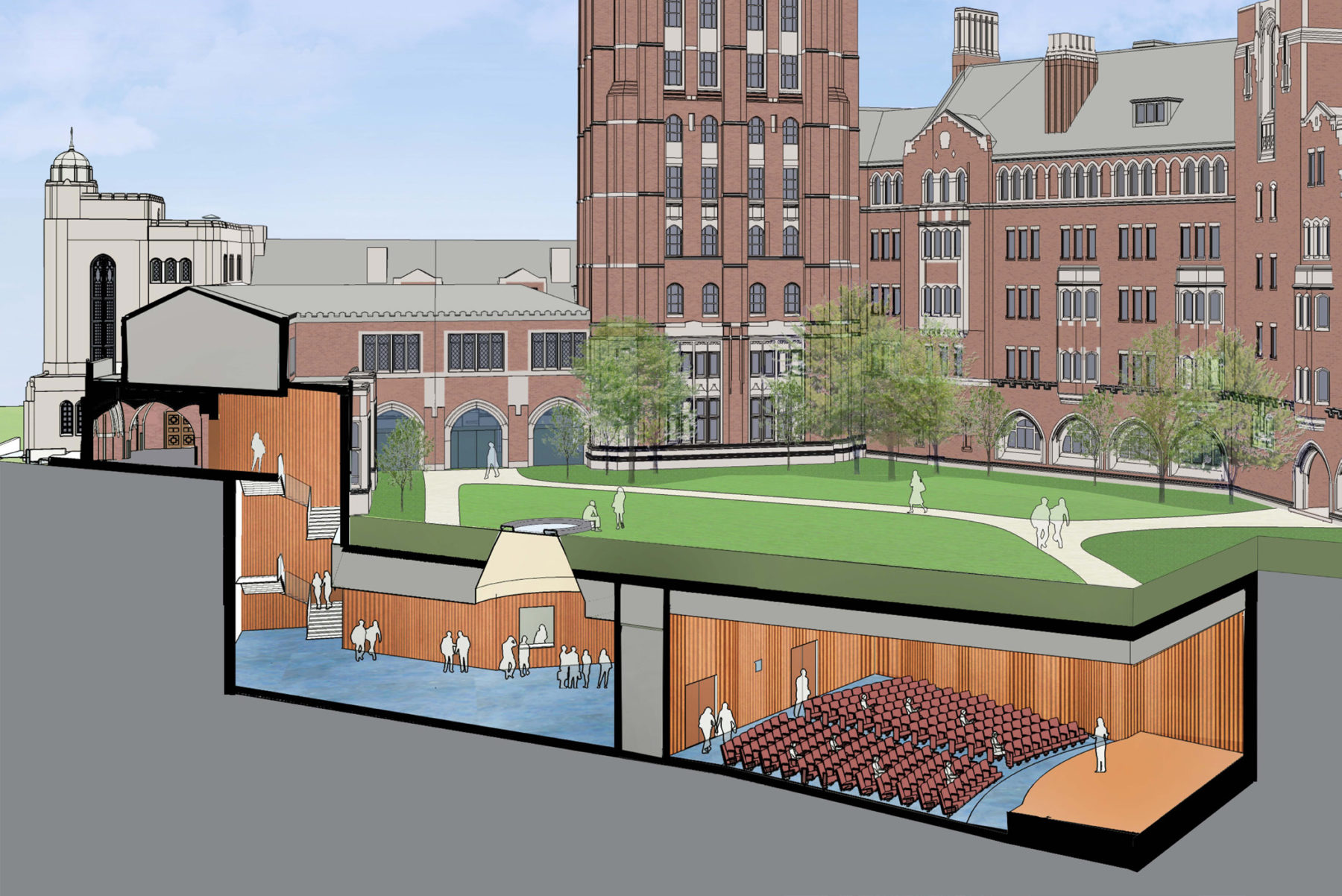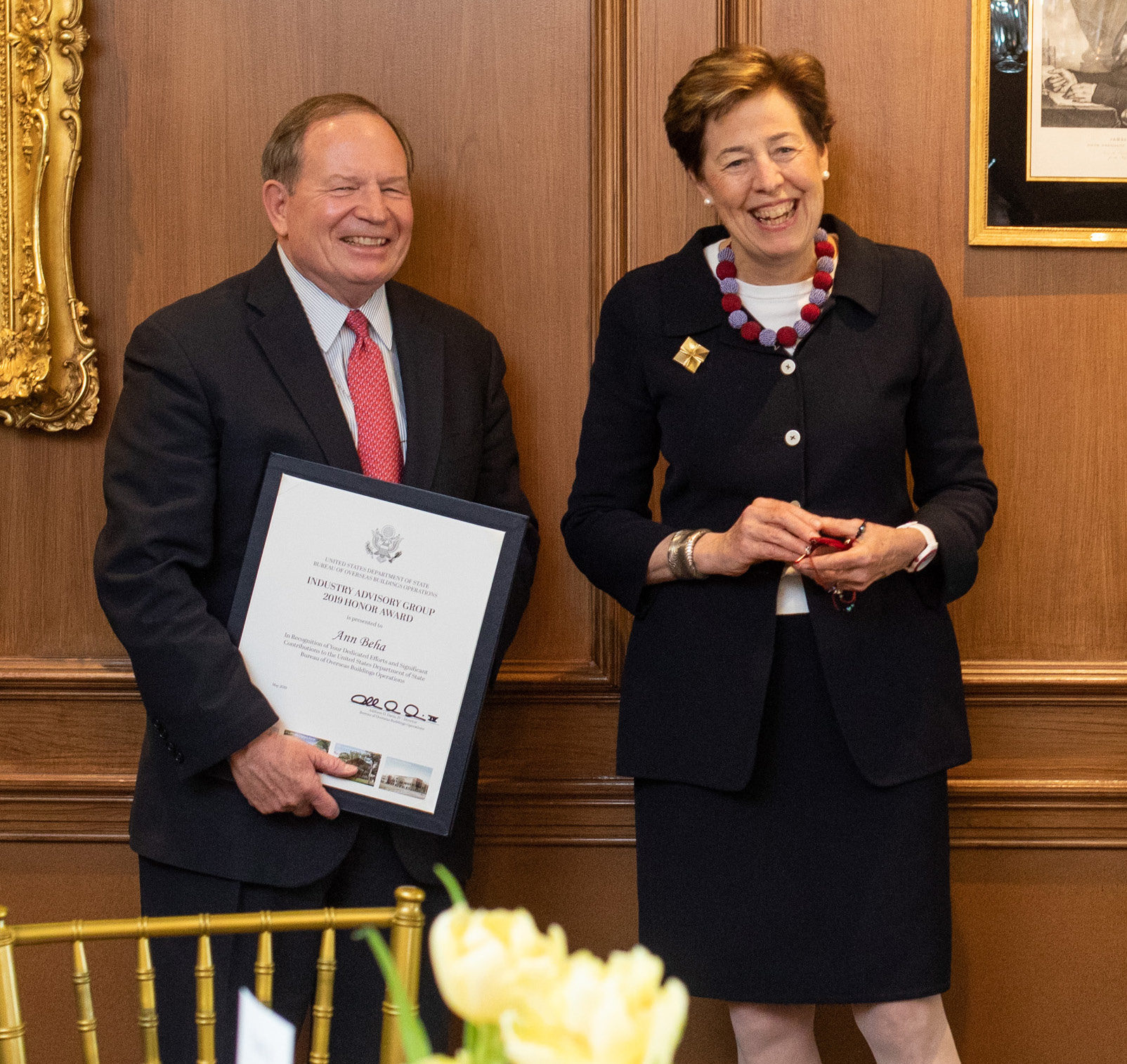Ann Beha FAIA (2004)
Designing Change: Advocacy / Stewardship / Impact
Back to WID Award of Excellence recipients.
Biography
Ann Beha’s projects expand the design dialogue between tradition and innovation. Marked by strong historical, cultural, and educational content, her planning and design work advocates for innovative contemporary expression, the sustainable renewal of historic resources, and a progressive approach to planning for the arts, the community, and the campus.
Full Biography
Ann Beha FAIA
Principal, Ann Beha Architects
Women in Design Award of Excellence, 2004 winner

Founding Principal of Ann Beha Architects, a 50-person firm working nationally and internationally, Ann has dedicated her design career to positive impact and change. Ann approaches each project as a new opportunity to create settings that connect with history, promote progressive thinking, and use design as a catalyst—a toolbox—to support our sense of place and bring the next generation forward.





